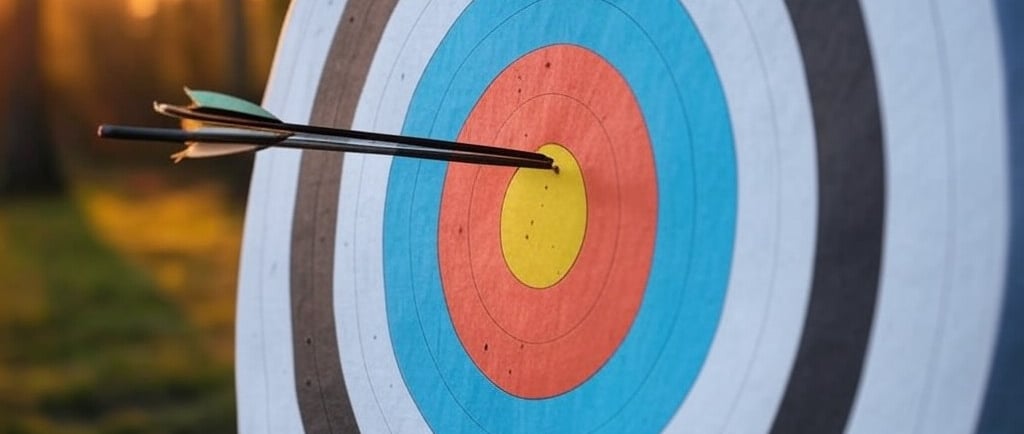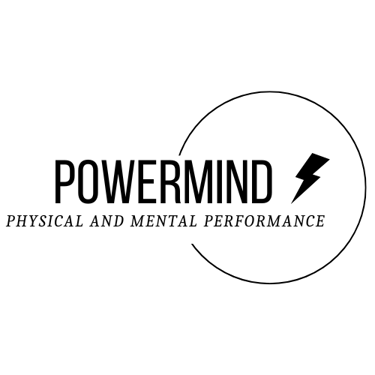How Goal Setting Can Help Boost Your Performance
2/10/20254 min read


As a mental performance consultant, one of the most common questions I get asked is, “How can I improve my performance?”
One of the first step is often goal-setting. Here, I am not talking about just any goals. I am talking about specific, well-thought goals that can help you focus, stay motivated, and continue pushing through challenges.
So, let's break it down and explore why goals are so important in improving performance and how you can use them effectively.
Why do Goals Matter for Performance?
Goals are not just nice to have when it comes to performance. They are essential.
Goals have a big impact on how we perform because they (Locke, 1981):
Direct our attention to the important aspects of the task
Mobilize our effort by creating a clear path
Increase our persistence when things get tough
Motivates us to develop strategies for achieving them
Research support that goal setting can make a huge difference in how we approach tasks. But not all goals are equal!
The Power of Specific and Challenging Goals
To really be effective, your goals need to be specific and challenging. Research shows that when goals are clear and difficult enough to push you outside of your comfort zone, they are more likely to lead to higher performance and keep you motivated (Locke, 1981).
For example, instead of saying, "I'll try to get better at running," a more specific goal would be, "I'll run 5 miles in under 45 minutes by the end of this month." It is clear, measurable, and pushes you to step outside of what you can currently do!
Understanding the Different Types of Goals
There are three main types of goals to consider:
Outcome goals: These focus on the result, like winning a race or finishing first. They tend to involve social comparisons (ex. I want to beat my competitor), and they can be difficult to control, because things like luck, your opponent's performance, or weather conditions can impact the results (Burton, 1989; Hardy & Jones, 1994).
Performance goals: These are about achieving a certain level of performance, such as running a race in a specific time. These are more in your control than outcome goals because they focus on your individual performance (Hardy & Jones, 1994).
Process goals: These are the micro-steps that make up the bigger picture, like maintaining a certain pace, hitting specific training milestones, or keeping a positive mindset during the race. Process goals are totally within your control, and they help you build toward the larger performance and outcome goals (Hardy & Jones, 1994).
So what's the best approach? Focus on process goals. You should still have performance and outcome goals, but you should have more attention brought to your process goals. These are your foundation. When you have strong process goals, you're more likely to achieve performance goals, and those performance goals will then bring you closer to achieving your outcome goals.
Why Focusing on Process Goals is Key
When athletes or performers get overly focused on outcome goals, they risk experiencing more anxiety and disappointment. For example, if you're only focused on winning, you might experience anxiety or frustration if things don't go exactly as planned. This can lead to a drop in confidence, reduced effort, and worse performance overall (Burton, 1989).
Instead, when you break things down into manageable process goals, you're controlling the things that matter most! It is less about comparing yourself to others, and more about improving yourself each day. For example you could decide to focus on improving your form or pushing through fatigue.
The Role of Cognitive Processes: Expectancy and Valence
Expectancy and valence are two important cognitive processes when talking about goal-setting.
Performance expectancy is your belief to achieve a specific performance level. The more confident you are, the more likely you are to succeed (Garland, 1985).
Performance valence refers to the satisfaction you expect to get from achieving different performance levels. If you expect high satisfaction from hitting a certain performance target, you're more likely to stay committed to the process (Garland, 1985).
So by considering these two factors, you can set goals that will be more effective and meaningful for your situation!
Turning Goals into Actions
It's not enough to simply set goals. You also need a clear path for how you're going to achieve them. This is where implementation intentions come in. These are "if-then" plans that specify when, where, and how you'll take actions toward your goals (Gollwitzer, 2006).
For example, an implementation intention could be: "If it is 6 PM, then I will run for 30 minutes." Another example could be: "If I get distracted today, I will take a few deep breaths and bring back my focus." These plans help you turn your intentions into automatic goal-directed actions, increasing your likelihood for success.
In Summary
To wrap it up, goal setting is a great tool for improving performance, but it is important to approach it strategically.
Set process, performance, and outcome goals, but focus on process goals.
Be specific and challenging with your goals. Make sure they are meaningful and important to you.
Set implementation intentions to turn your goals into actionable steps.
So what's your next goal? Let's make it happen! Contact me if you would like support.
References:
Burton, D. (1989). Winning Isn’t Everything: Examining the Impact of Performance Goals on Collegiate Swimmers’ Cognitions and Performance. The Sport Psychologist, 3(2), 105-132.
Garland, H. (1985). A cognitive mediation theory of task goals and human performance. Motiv Emot 9, 345–367.
Gollwitzer, P. M., & Sheeran, P. (2006). Implementation intentions and goal achievement: A meta-analysis of effects and processes. In M. P. Zanna (Ed.), Advances in experimental social psychology, 38, 69–119. Elsevier Academic Press.
Hardy, L., & Jones, G. (1994). Current issues and future directions for performance-related research in sport psychology. Journal of sports sciences, 12(1), 61–92.
Locke, E. A., Shaw, K. N., Saari, L. M., & Latham, G. P. (1981). Goal setting and task performance: 1969–1980. Psychological Bulletin, 90(1), 125–152.
Mento, A. J., Cartledge, N. D., & Locke, E. A. (1980). Mary land vs. Michigan vs. Minnesota: Another look at the relationship of expectancy and goal difficulty to task performance. Organizational Behavior and Human Performance, 25, 419-440.


